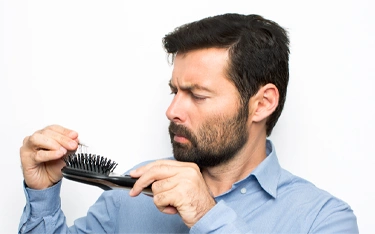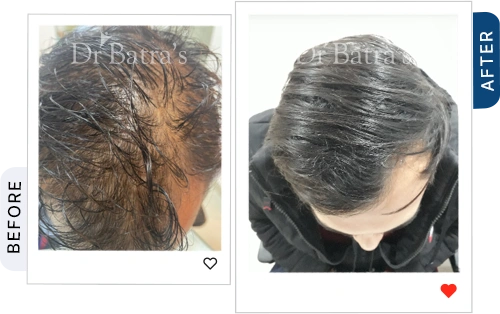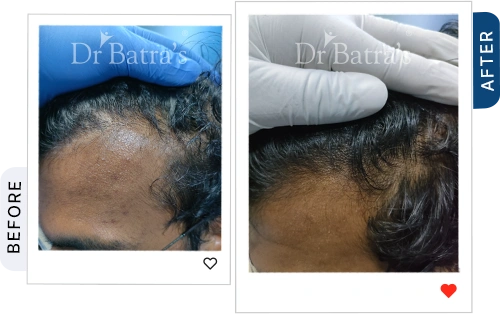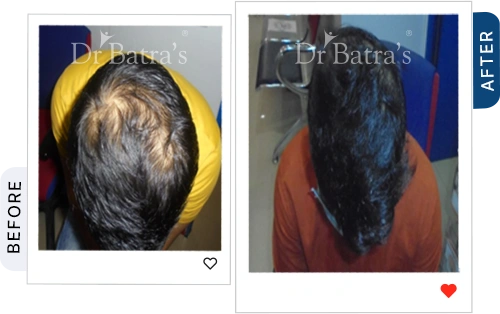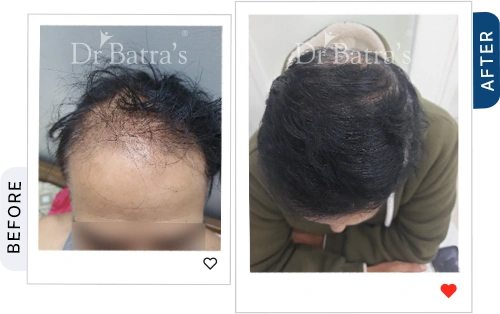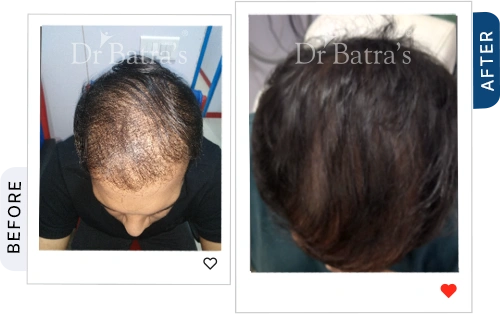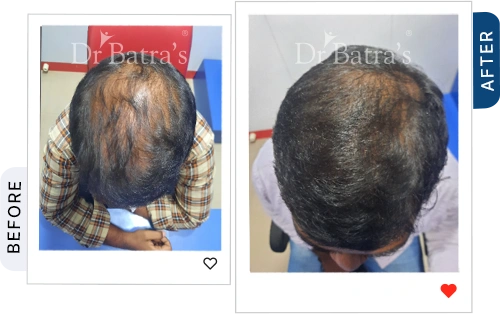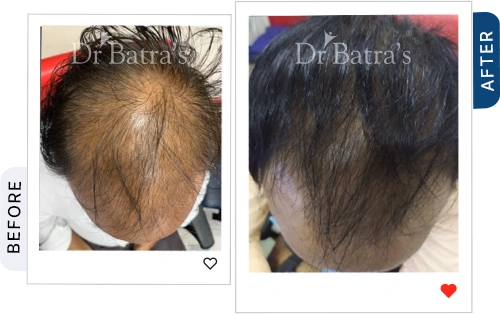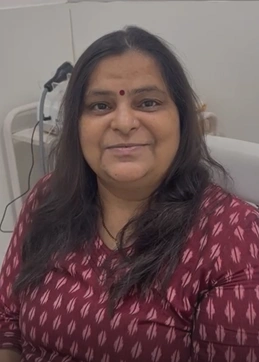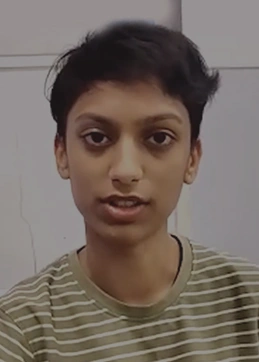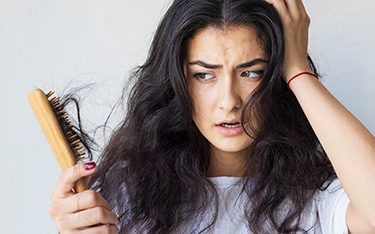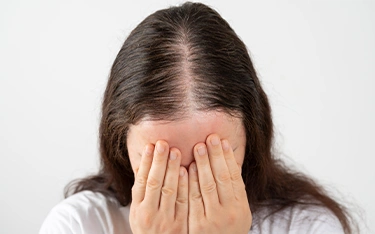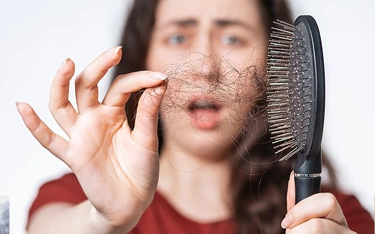FAQs
Deficiencies in biotin (B7), vitamin D, iron, and zinc can weaken hair and lead to excessive shedding. A nutrient-rich diet supports healthy hair growth and scalp health.
Yes. Pollution increases oxidative stress, clogs follicles, and damages the scalp, which can lead to thinning and even permanent hair loss if left unmanaged.
Diabetes can disrupt blood flow to hair follicles and cause hormonal imbalances, leading to delayed regrowth and increased hair shedding.
Yes. Stress triggers telogen effluvium, a condition where more hairs enter the shedding phase. Hair often regrows once stress is under control.
Losing 50–100 strands per day is normal. Sudden, patchy, or excessive hair loss signals an underlying issue and requires medical evaluation.
Yes. Men’s hair loss is mostly genetic and DHT-related. Women experience hair loss due to factors like PCOS, menopause, pregnancy, and stress.
Absolutely. Poor diet, lack of sleep, stress, smoking, and harsh hair styling habits can all contribute to weakened, thinning hair over time.
Yes, poor diet, stress, lack of sleep, smoking, and excessive hairstyling can weaken hair. Adopting a healthy lifestyle, proper nutrition, and stress management helps maintain strong, healthy hair.
